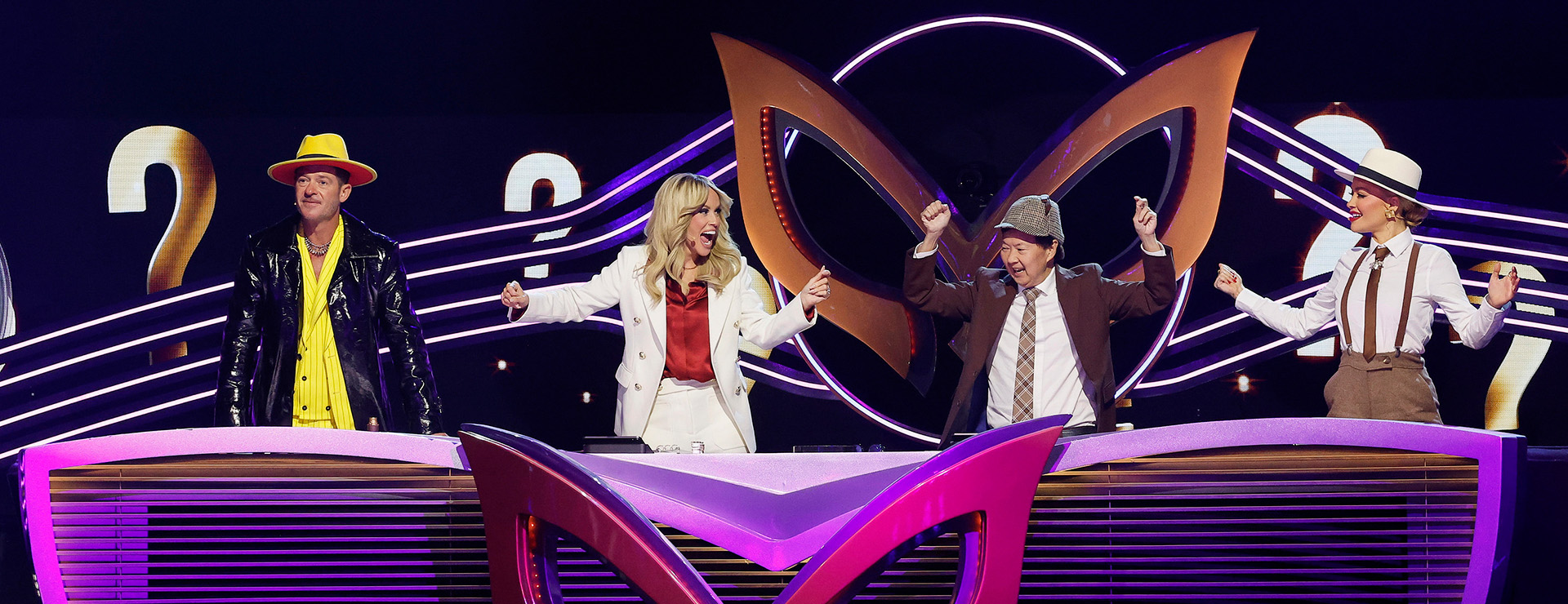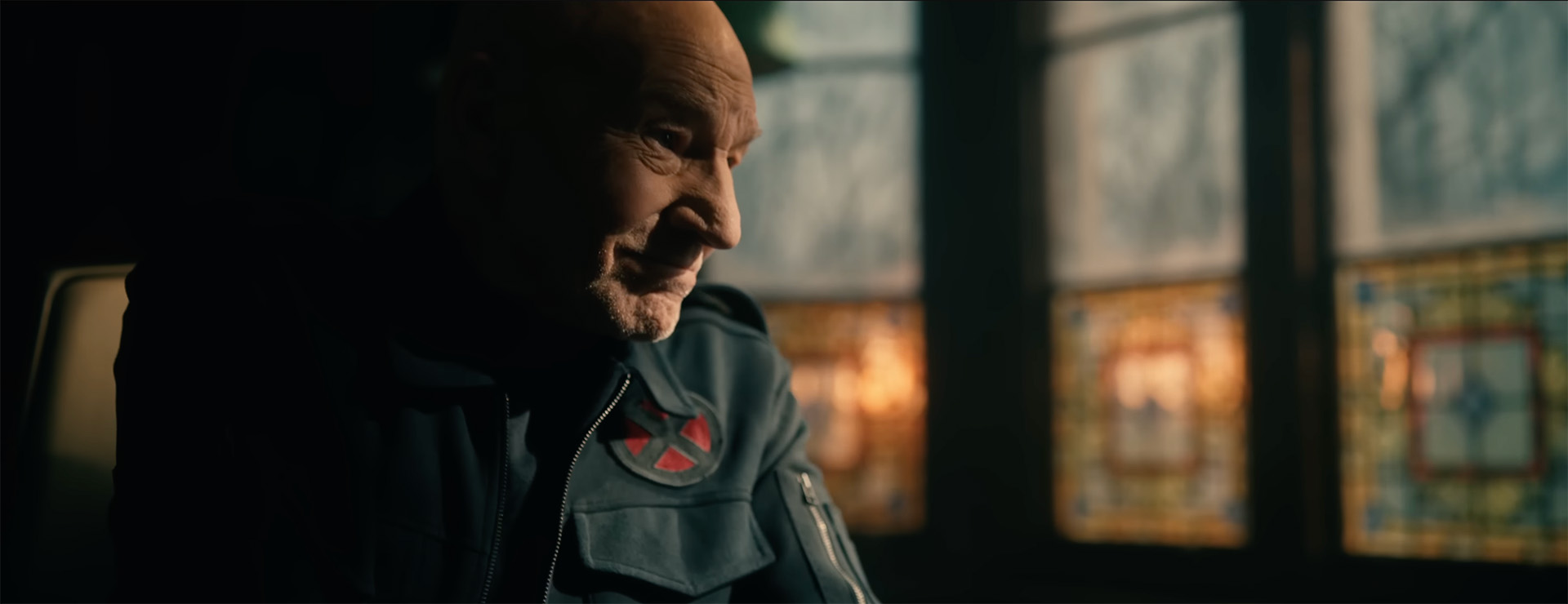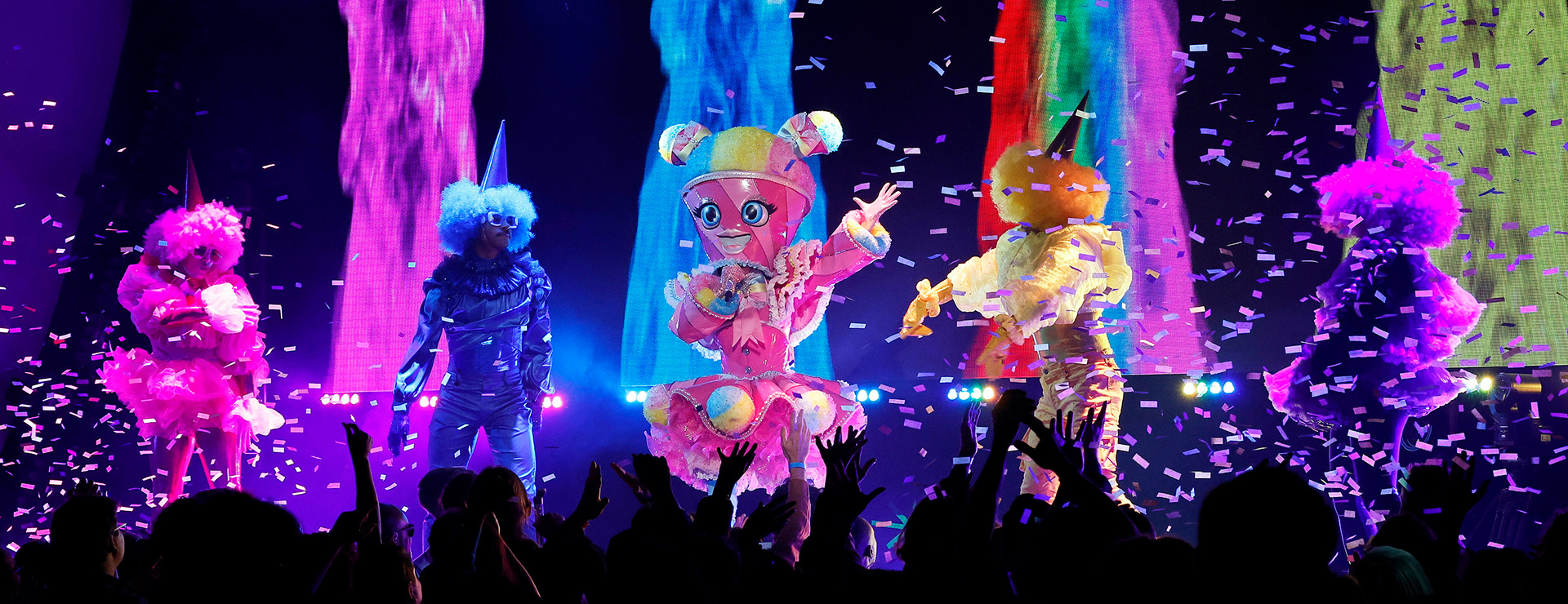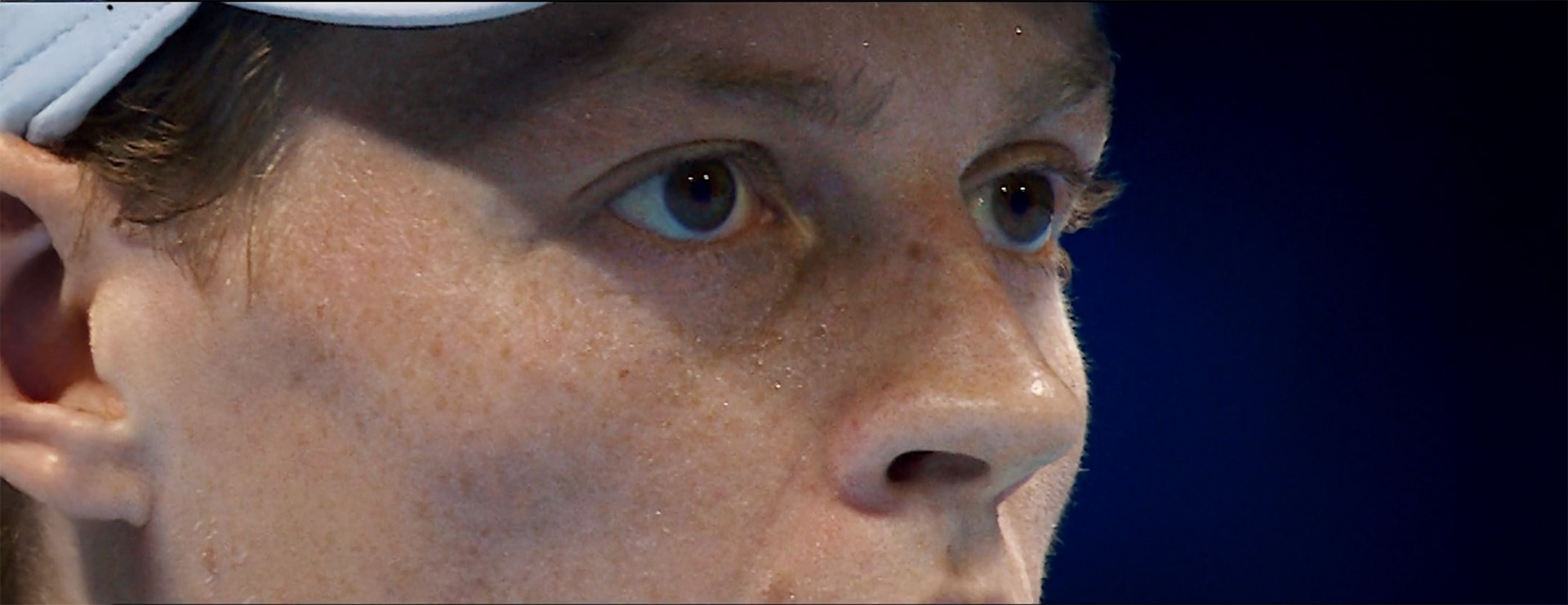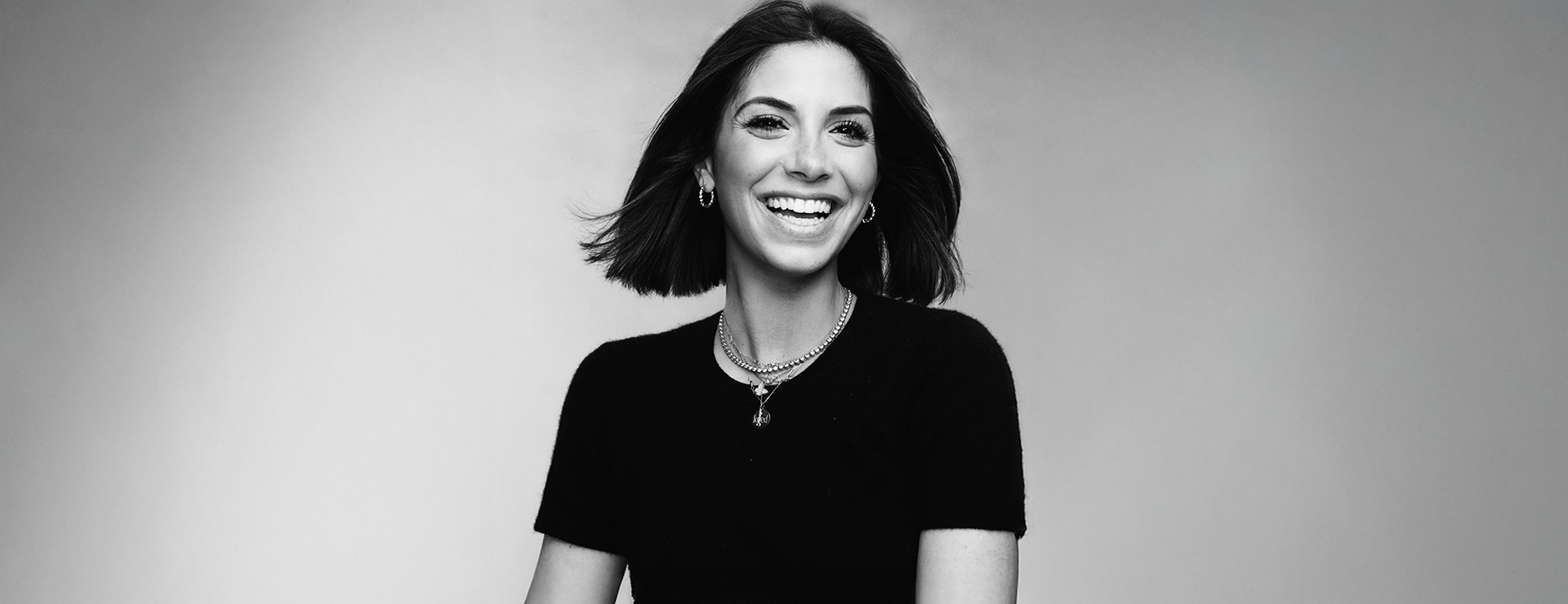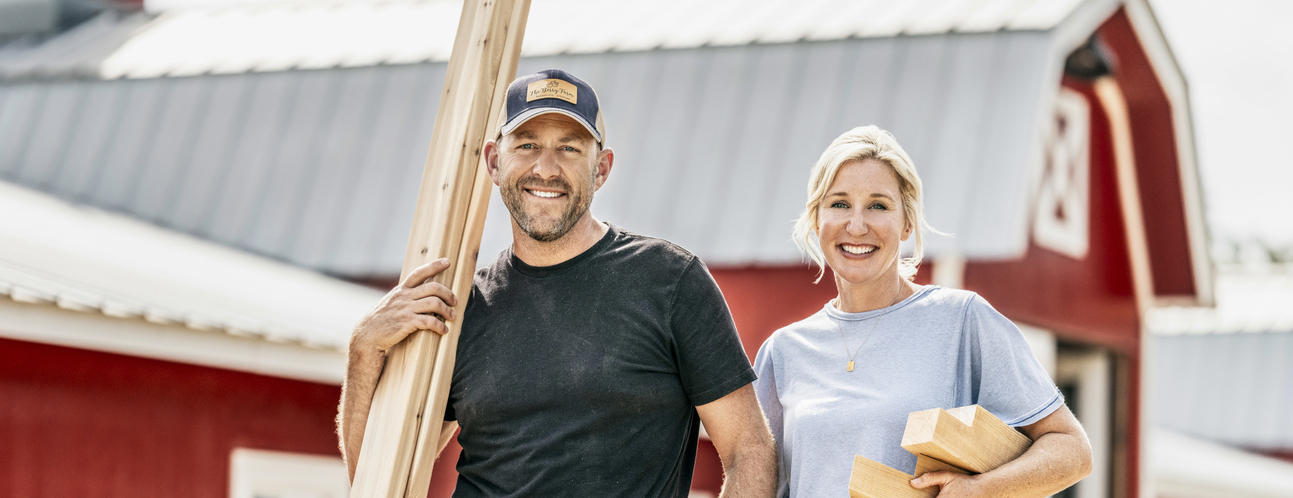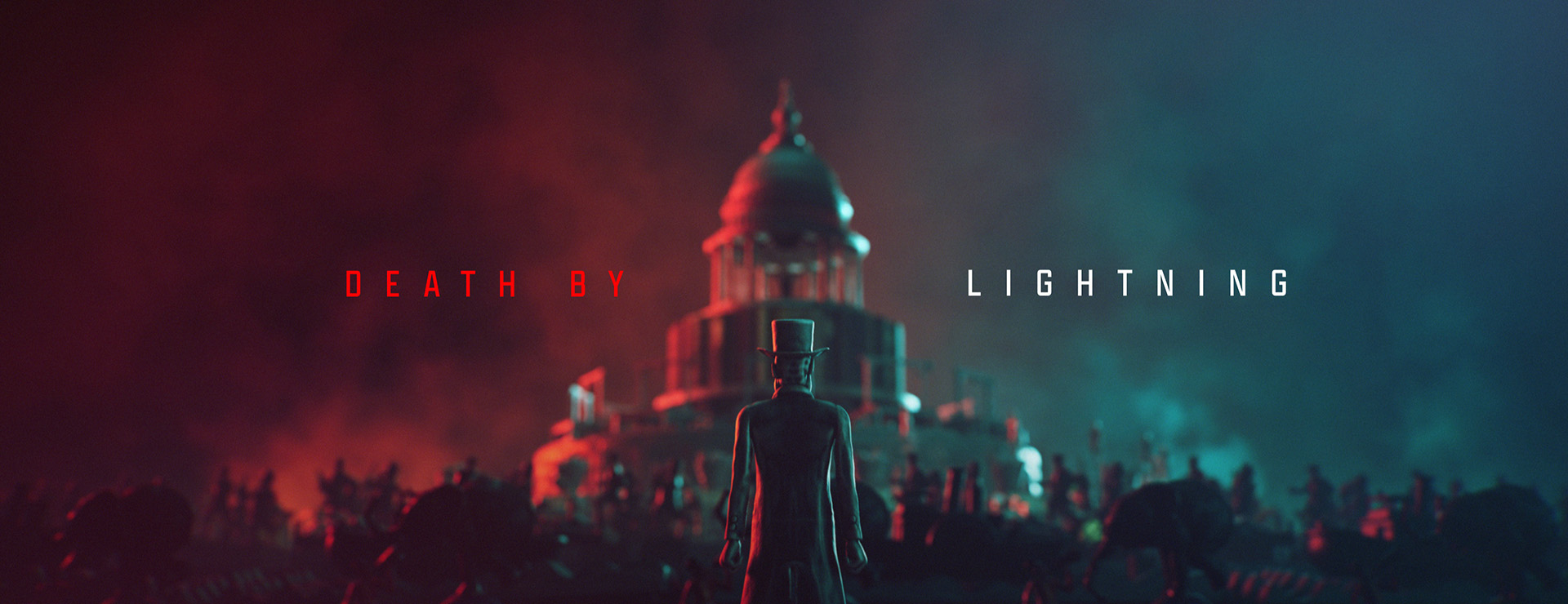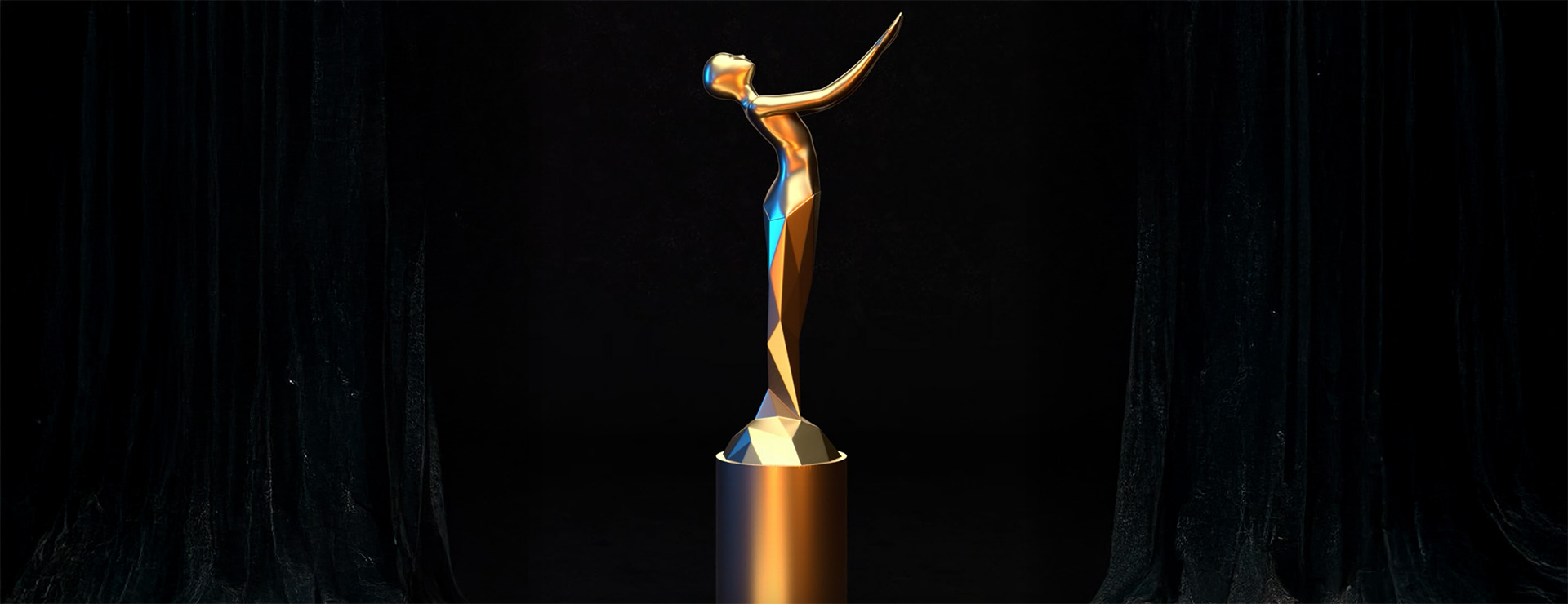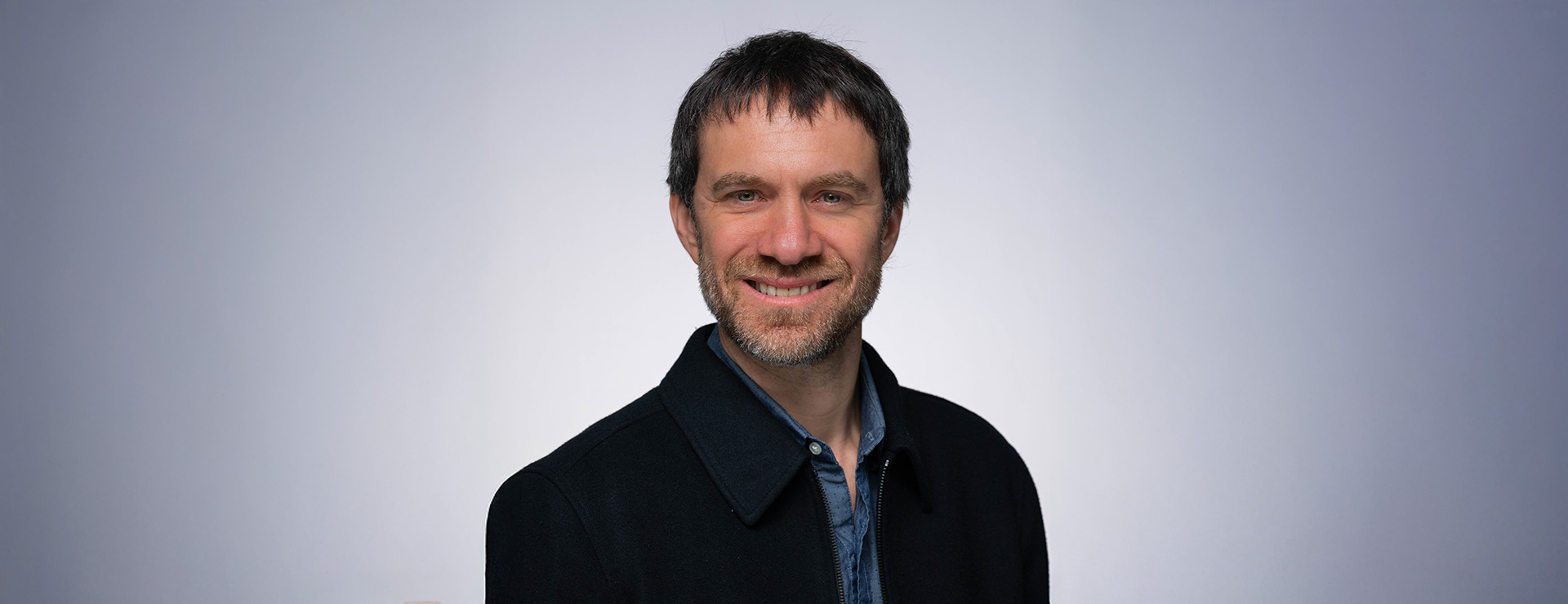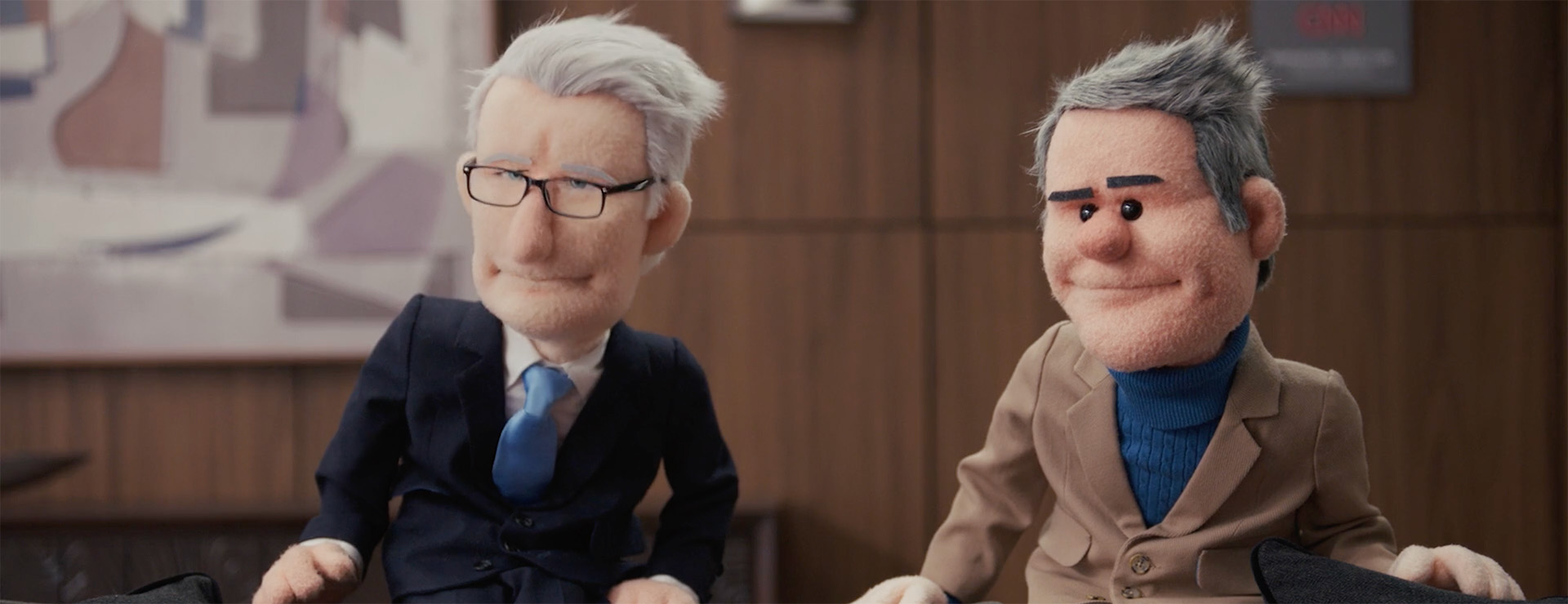When Reel Rejects’ founder Greg Alba was a kid, like so many of us, he spent his Sunday mornings watching Robert Ebert and Richard Roeper review movies. That convinced him reviewing movies was what he wanted to do, too.
Of course, “movie reviewer” is a very specific career choice and not easily attained, so Alba rolled up his sleeves and did it himself, founding the Reel Rejects YouTube channel in October 2012. While movie reviews proved to not be as sticky as Alba would have liked, he kept at it and found his way, adding trailer reaction videos to his content. Those trailer reactions proved to be the secret sauce: over the more than a decade Alba has been at this, Reel Rejects has accrued 1.26 million subscribers and brought on a team of dedicated hosts, who fill out multiple channels of content.
Alba, whose Reel Rejects was given G.E.M.A.’s inaugural Spotlight Award last month, talked to Spotlight by G.E.M.A. about how he built the channel, why he moved into trailer reactions, why he loves working with a team, and why he thinks people connect with Reel Rejects.
Spotlight: What led you to launch Reel Rejects?
Reel Rejects’ Greg Alba: I grew up watching Roger Ebert and Richard Roeper every Sunday. I absolutely loved watching them, and I always wanted to review movies. I was trying to get into [writing] newspaper articles and columns, and I didn't really know how to do that, but I was always fascinated by the prospect of potentially owning a home-based business. Ironically, I wanted to use YouTube as just a way to eventually get into newspapers.
I didn't know much about how to record or how to edit, so in my first year, we were doing a show that was called Reasons to See, which was basically a pros and cons show. But it wasn't getting any traction or views. And my friend was off in college. So I had to take the reins into my own hands. I was doing solo reviews. After about a year, I started to get a few followers, but I was working a full-time job as a receptionist at a doctor's office, working 40 hours a week, and then I was spending 30 hours a week on this and not getting paid at all.
Eventually, I found myself getting into reactions. I saw someone do a trailer reaction video, and the part of it I thought was strange was that they didn't really talk. They were just watching a trailer for a couple minutes, and then like, 30 seconds later, they were saying ‘subscribe.’
But I understood that there was a bit of an appeal to that. This is the most raw version of watching someone watch a trailer. I’ve always had that background with Ebert and Roeper and Conan O'Brien. I always thought it would be fun to kind of make it a bit of a talk show and create that kind of vibe where I would bring on guests, and we would discuss and break down the trailers. People were still not watching our movie reviews but they would watch these trailer reactions. We’d get like 5-10,000 viewers for our movie reviews but 100 to 200,000 viewers for the trailer reactions.
It took me years to understand the difference between movie reviews and trailer reactions, which is that feeling of anticipation. That’s what people were connecting to. And it took me many more years to realize that the way for people to watch our actual movie reviews is the twofold version that we do now, which is to go to the movie theater and review it right there. Or allow viewers to watch a movie or an episode of TV with us and see our reactions and then do a full-on spoiler discussion. There is something kind of cool about allowing the audience to see your emotional experience.
Spotlight: Why do you think reaction content is so popular?
Alba: I wish I knew, it’s a question I’ve been trying to answer for a long time. I know why it’s valuable for me in front of the camera: I was not an emotionally expressive individual as much as I am now. I used to freeze up when a camera was pointed at me.
When I was a kid there was a cable channel called the Monster Channel, which showed R-rated uncensored horror movies 24/7. I did this thing, which was that no matter what happens, I wouldn’t let myself look away. I guess that was my version of masculinity and it’s the antithesis of what I do now. Whatever I’m feeling internally, I let it out on camera.
I think what people like is that empathetic connection people form with each other. A lot of people are very much alone, and this is where they can feel like they have someone who is sharing a similar experience with them, especially if they are a fan of that thing.
I was doing a panel at WonderCon and this is the one experience that’s meant the absolute most to me. I talked about crying in this discussion. After the panel, this mother came up to me, and she had brought her son with her, who was a big fan of ours and he was 17 or 18 years old. She said, my son's autistic, and he has difficulty expressing his emotions, but he loves your channel. I want to thank you, because when he sees someone like you, especially from a guy who's willing to let himself cry, it's helped him be better at expressing his emotions.
For us, I think the big thing is really about just being able to express how you really feel, and get lost in the emotional experience of a film and show versus the pure analytical side of things. We try to be a blend of both. You get the emotional experience when you're watching the reaction, and then right after the reaction, you get the analytical side.
Spotlight: In the past year or so, you’ve been able to bring on a lot of new hosts. How did you select these hosts?
Alba: For the longest time, I had a bunch of guests. Around the time the channel hit 500,000 subscribers, the person I originally was trying to do the channel with, John Humphrey, returned and became the number-two host.
Adding people has been the greatest thing because I love the talk-show element of it. I’m a more confident individual than when I started this but I’m not so confident that I feel people want to watch me every single day of the week. It’s also been really cool because it’s forced me to learn a lot about leadership. It makes it more rewarding to me to focus on lifting them up. The more you lift up other people, the more you lift yourself up.
Spotlight: You said that when you started this you were just sitting in front of your laptop. Now, I can see on your channel that the production value is much higher. Do you think that social media has leveled up so much that you need that level of production value to do this type of work?
Alba: I don't, actually. People are constantly asking me, like, hey, what do I need to do to get started? I think just work with what you have and upgrade as you go. Your iPhones are better cameras than our laptops were.
When we used to do those theater reviews, we would bring our nice DSLR cameras and these heavy microphones. And we got kicked out of screenings a couple of times because people thought we were filming a full production. Now we just use little portable mics and our iPhones. We actually downgraded the quality and it didn’t affect the view count or the watch time of the videos.
Spotlight: How do you separate what you're doing with brands from what you're doing with content?
Alba: Most brand deals we get, we have to shoot in advance. These screenings that we go to are not brand deal agreements. In fact, it’s one of my rules of thumb that I will not accept money to review a movie. Many years ago, I agreed to go to a screening, and they paid us a certain amount, and I hated the movie. I really, I really hated it. The fact that I was inhibited from talking bad about it messed me up. And I said, never again.
I never feel the pressure to recommend something because of that. And that really got instilled for me from one of the greatest publicists in this industry, Marshall Weinbaum, who was at Disney and is now at Netflix. What he told me was: ‘you don't have to like the movie. You don't even have to recommend the movie. All I care about is that you don't spoil the movie.’ And I've taken that to heart.
A lot of my failures with this channel came from me covering things that I didn't really want to cover, but that I knew would get views. Eventually I was like, I don't care that it gets views. The best way to be unique is to be yourself. What I’ve noticed is that people gravitate the most towards sincerity, towards something that feels genuine.




